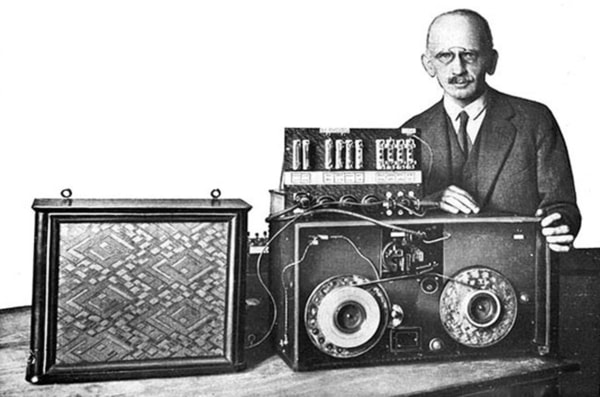Nobody asked but …
I am giving you a link to a great piece, Lead a Life That Confuses the Archaeologists by fellow EVC blogger, James Walpole. I believe the gist of his article is a metaphor for living your life as though it were your own. I have read two other docs that made me ready to agree — Snow Crash, by Neil Stephenson, and They Wrote on Clay: The Babylonian Tablets Speak Today, by Edward Chiera. BTW, I read these as chosen at random, not to confuse anthropologists and archaeologists of the future. If you make your life an interesting life, the confluence of events, the collision of unforeseen consequences, will make it an unique life — a life that will not fit in an academician’s box, a life that will not constrain you to climb into a box.
Walpole’s advice, it seems to me, is to take off the blinders, relax, you cannot really be someone else’s construct — you are an individual. That which attempts to measure you will produce an unattached, and essentially unrelated, version of you. I once read that if you have a small enough measuring rod, the coastline of Maine can be billions of miles long. This leads to a conclusion that if the investigatory tools of the archaeologists and anthropologists are fine enough, you can be as large as the universe.
I cite the books above for reasons. In Snow Crash, a science fiction novel, Stephenson supposes that ancient communications must have a purpose other than recording just the transactions of an olden society — communicating the depth of their culture to humans and other sentient beings of the future. “Well, all information looks like noise until you break the code,” he writes. In They Wrote on Clay, a scholarly non-fiction view of the difficulty of translation across time, culture, linguistics, and symbolism, Chiera compares the enormity of the task by having us imagine a dead New York City, thousands of years into the future, where all that remains are buildings and records, and 95% of the records’ content are 1s and 0s stored on computer media. What will the discovering scientists make of our culture, much less an individual’s idiosyncrasies?
— Kilgore Forelle




